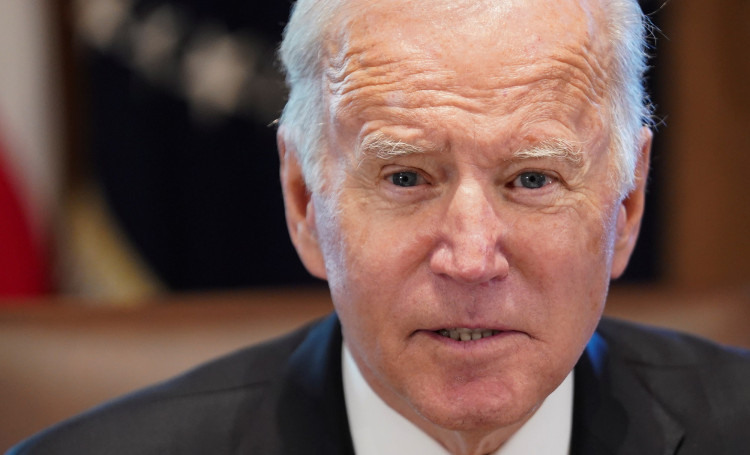President Joe Biden has threatened to veto a standalone Israel aid bill championed by House Republicans, a stance that has sparked a contentious debate on Capitol Hill. The bill, aimed at providing aid solely to Israel, has been criticized by the White House as a "political ploy," with the administration advocating for a more comprehensive approach that includes assistance to Ukraine, bolstered border security, and humanitarian aid for global conflict zones.
The White House Office of Management and Budget (OMB) lambasted the House GOP's initiative as a "cynical political maneuver," intended to undermine a bipartisan Senate package addressing a wider spectrum of national security concerns. "The Administration strongly opposes this ploy which does nothing to secure the border, does nothing to help the people of Ukraine defend themselves against Putin's aggression, fails to support the security of American synagogues, mosques, and vulnerable places of worship, and denies humanitarian assistance to Palestinian civilians," the OMB stated, emphasizing the need for a unified legislative response to the multifaceted challenges facing the U.S. and its allies.
The standoff comes as House Republican leadership, spearheaded by Speaker Mike Johnson, opts to sidestep the Senate's bipartisan Emergency National Security Supplemental Appropriations Act, which combines U.S. immigration policy overhaul, new funding for border security, and emergency aid for Ukraine, Israel, and partners in the Indo-Pacific region. The comprehensive package, valued at $118 billion, also aims to provide humanitarian assistance to civilians impacted by global conflicts.
House Republicans' focus on an Israel-only aid bill has revealed fractures within the party, with some conservative hardliners refusing to back the measure over budgetary concerns. Despite this, a faction within the right-wing Freedom Caucus has expressed support, highlighting Israel's strategic importance. Rep. Byron Donalds (R-Fla.) articulated this sentiment, stating, "We've got to make sure [Israel] has what they need."
The Biden administration's veto threat has been met with sharp criticism from Republican leaders, who accuse the President of abandoning a key ally. "The president's veto threat is an act of betrayal," Johnson contended, framing the administration's stance as a refusal to provide timely aid to Israel and U.S. military forces.
This legislative impasse reflects not only the complexities of U.S. foreign policy but also the domestic political landscape, particularly as former President Donald Trump and his allies oppose the Senate's broader plan, advocating for stricter border security measures. As the debate unfolds, the potential for a bipartisan consensus seems increasingly tenuous, with the future of U.S. aid to Israel and other critical policy areas hanging in the balance.






